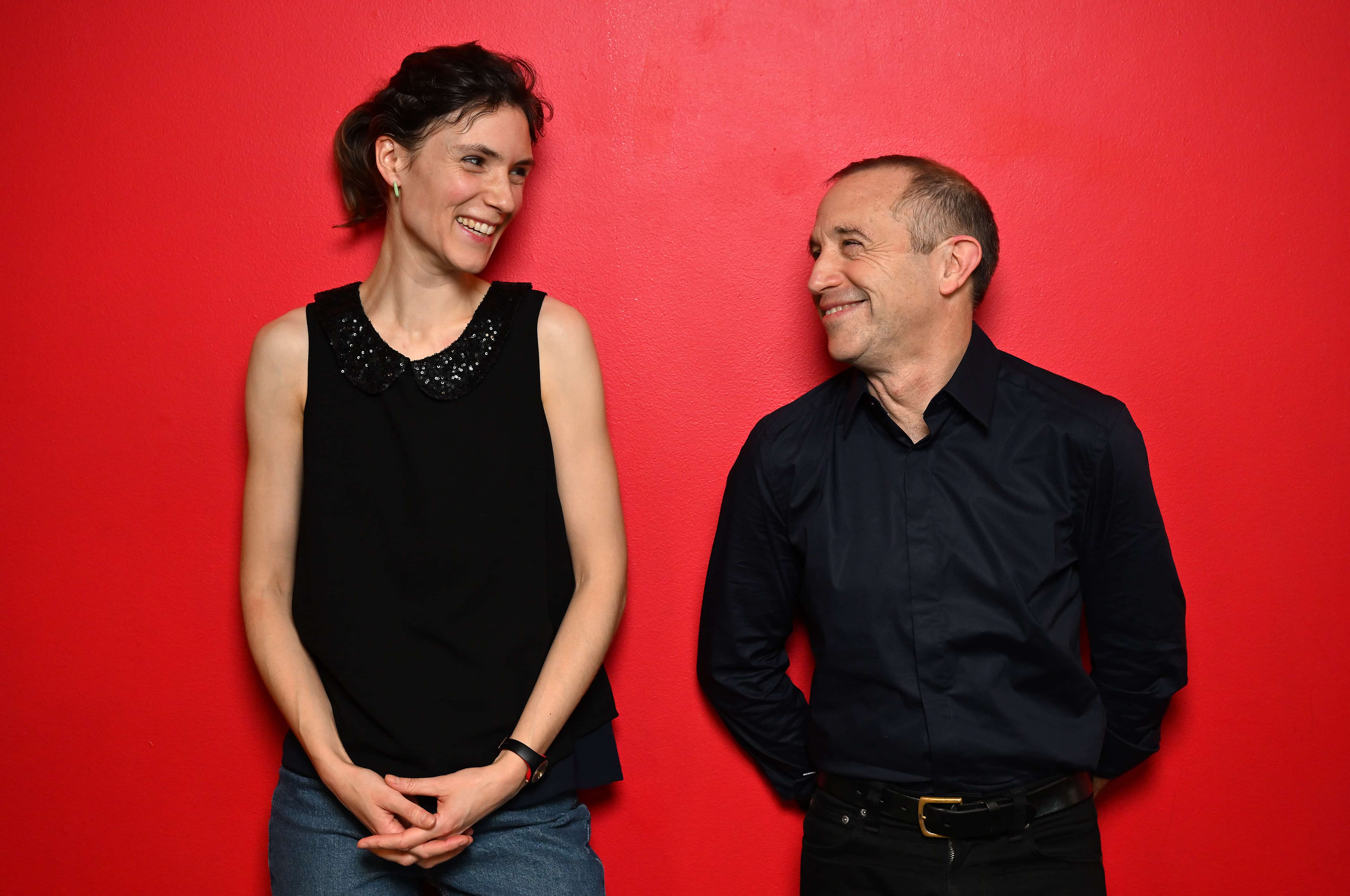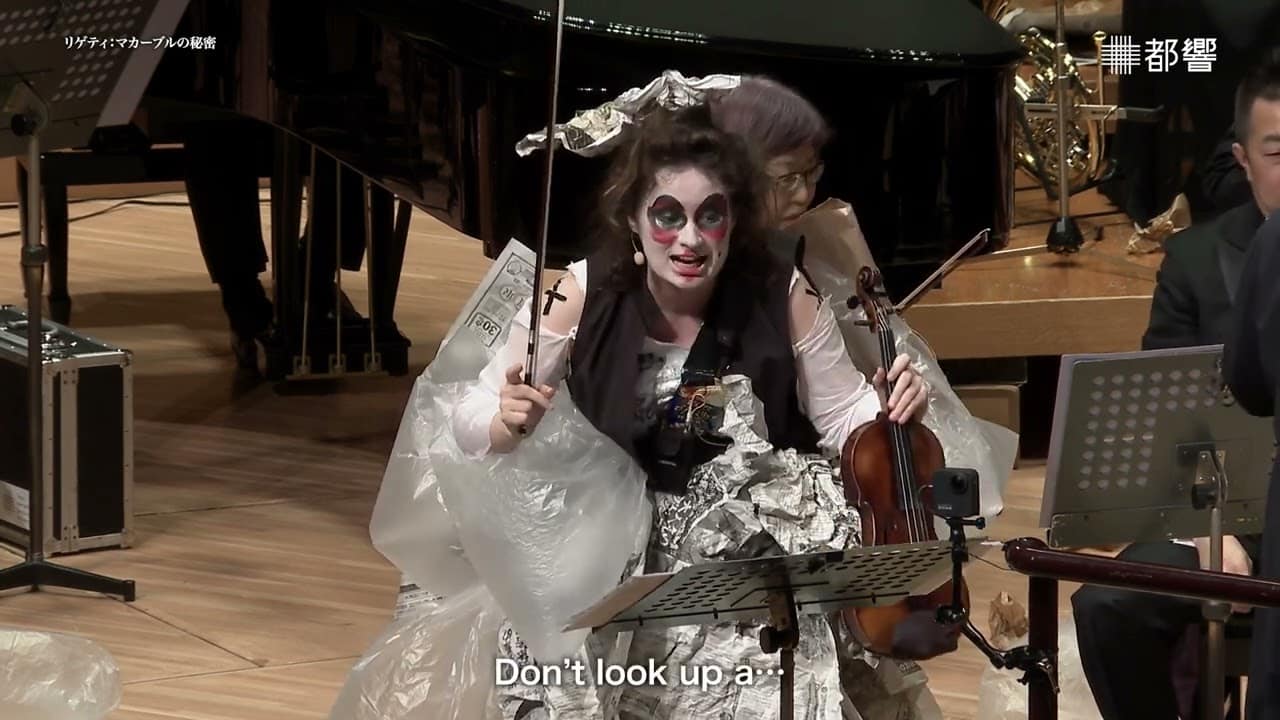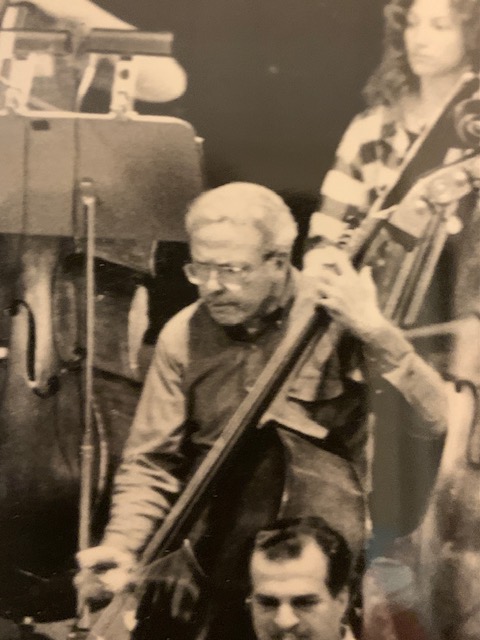UK orchestra aims to boost health and happiness
OrchestrasThe season announcement by the Bournemouth Symphony Orchestra marks a significant change of tone. Instead of flagging up the names of visiting stars, the BSO promises ‘ a new artistic team (pic) and a raft of new initiatives to support wellbeing.’
The latter is groundbreaking. Read this:
The BSO’s Recovery Orchestra, in partnership with Bristol Drugs Project, continues along with further BSO Wellbeing Orchestras in partnership with mental health support organisations in Cornwall, and in Somerset with The Octagon, The Ark at Egwood, and Chard Watch.
A new partnership with NHS Dorset commences in July, with creative health experiences in communities across the county as well as with patients and staff in Dorset County Hospital, Dorchester. Programmes will range from early intervention care for young people to music for the most elderly patients.
In its tenth year, the BSO’s Associate Musicians programme expands, welcoming two new community music leaders in Dorset and Somerset — and the BSO Young Associates training scheme extends into its third year, creating opportunities for the next generation of music leaders.
The Orchestra’s extensive music education programme also continues with a series of live symphonic concerts, workshops, and assemblies — and the BSO deepens its close relationship with Bristol Beacon, sharing a vision of how a venue and its Orchestra in Residence can empower access and opportunity across a range of activity. Highlights range from a new inter-generational ensemble to curriculum projects with schools, care home concerts and more.
Deepening its commitment to inclusion, the BSO continues its partnership with the National Open Youth Orchestra [NOYO] expanding its work with the Bournemouth NOYO centre. The Orchestra’s popular touring series of performances in SEND schools continues, in Weston-Super-Mare, Bristol, Hampshire and BCP — and its ground-breaking, inclusive side-by-side Symphony from Scratch weekend will test Open Up’s Accessible Musical Provision (AMP) Toolkit for the second year, alongside further innovation and growth of disabled-led ensemble BSO Resound.
Way to go.






Comments